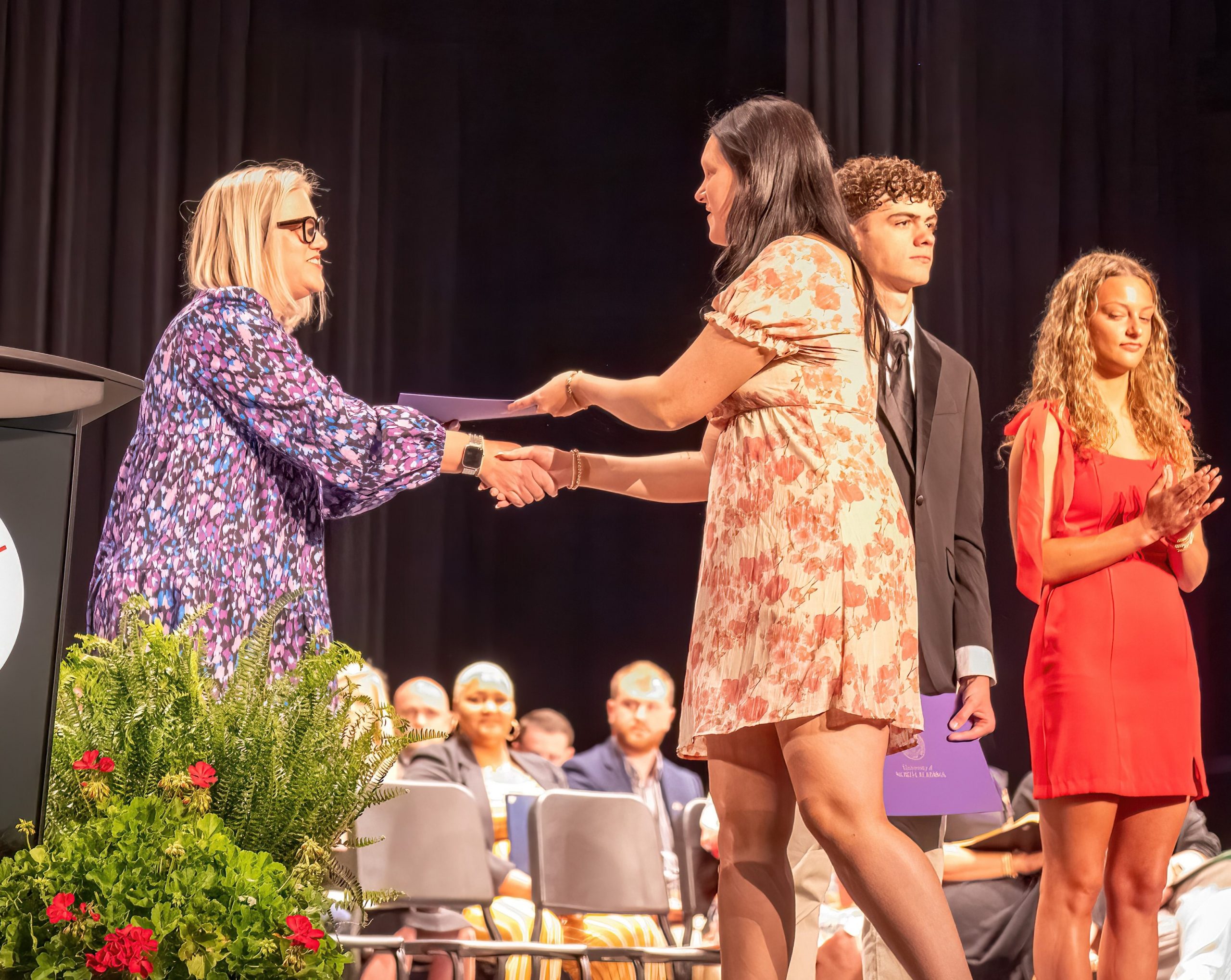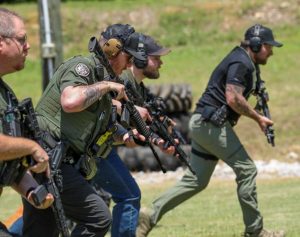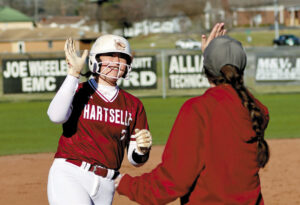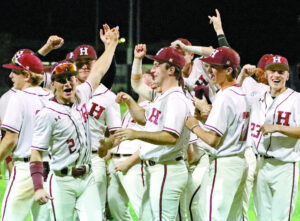Christmas past
By Clif Knight
Christmas during World War II was difficult for parents with young children.
Toys were scarce. They were made from cardboard, wood and glue because metal, leather and rubber were used exclusively to make products for military personnel.
Travel was also limited because many families had no transportation, and those who did were subject to wartime rationing of gasoline and tires. The alternative was the use of public transportation on a first-come, first-serve basis.
I vividly remember a cold Christmas Eve when three siblings and I were left in the care of neighbors while our parents went Christmas shopping in Gadsden a few miles away. They let us know they would be looking for gifts to put under our Christmas tree and promised to return home before dark.
We were allowed to walk with them a quarter of a mile to the highway, and as the big bus pulled away, we stood by waving to them and shouting byes.
We were excited and hopeful that their shopping would result in a bounty of gifts under our Christmas. Meanwhile, we were content that we would have a day-long visit with our friends.
Little thought was given to their absence while we were having fun playing kids’ games. However, by mid-afternoon our attention turned to the highway for some sign of a bus. There was no sign of our parents when the sun vanished, and we could no longer see the narrow path that led through the woods to our house.
“They said they’d be home before dark,” my older sister volunteered.
“We need to go home and wait for them there,” I said.
“Before it gets any darker,” added my younger sibling.
“I just want my mama to come home,” the youngest sibling chimed in.
Walking the trail home seemed more like a mile. Hand-in-hand, we covered the distance a step at a time until we came within view of our house.
Then we dropped hands, ran to the front door and scrambled inside. Crawling in the dark, we found our parents’ bed and hid under the covers.
It was dark! It was cold!
Time passed slowly as we wondered what might have happened to our parents. We were quiet as a mouse when the front door opened, and our father called out, “Are you kids alright?”
“Mother, Daddy,” we answered, and rushed into their arms. “What took you so long?” we asked.
“There were so many soldiers waiting to get home to be with their families,” our mother said. “We felt the right thing to do was give them our seats and wait for another bus.”







